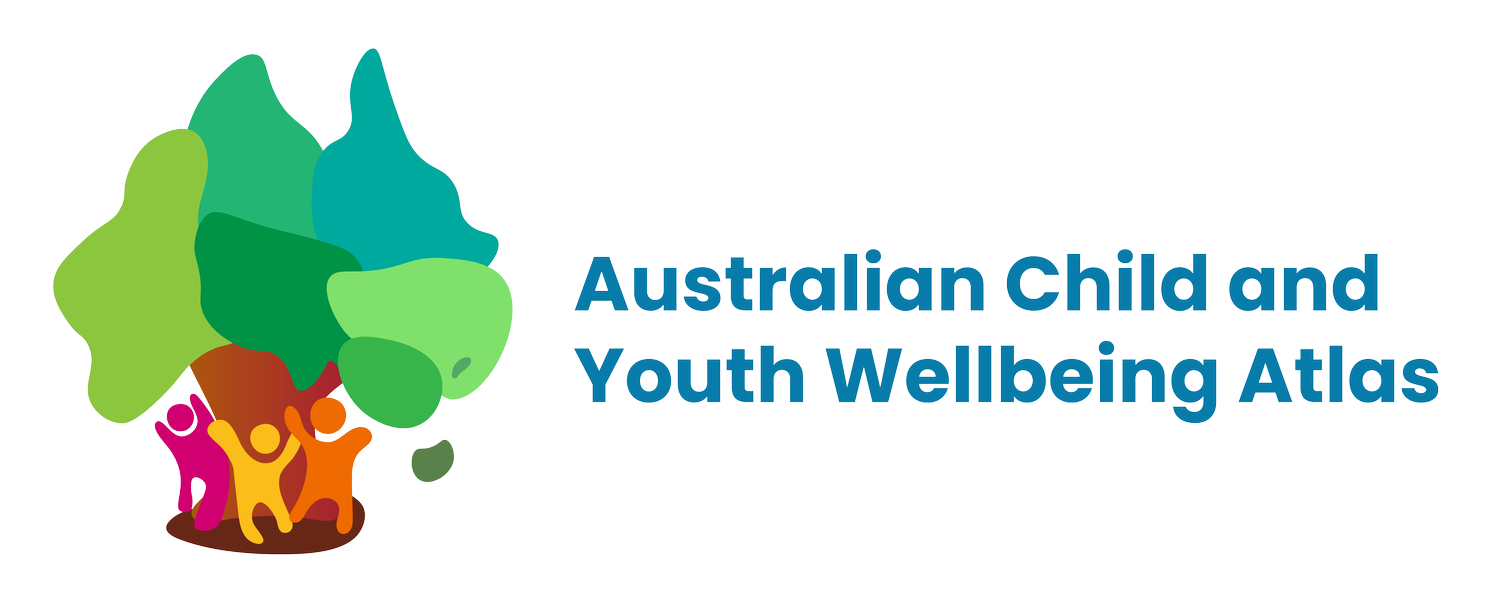Identity and culture
-
Indicators
Americas
North Africa and the Middle East
North-East Asia
North-West Europe
Oceania and Antarctica
South-East Asia
Southern and Central Asia
Southern and Eastern Europe
Sub-Saharan Africa
Policy context
Country of birth reflects children and young people’s diversity and cultural background and helps understand social cohesion and cultural integration.
In service planning, this type of data helps tailor services to unique needs and risk factors based on birthplace. Moreover, country of birth data offers insights into educational needs and language proficiency.
-
Indicators
Children and young people who don’t speak English well or not at all
Children and young people who speak a language other than English at home
Policy context
Language proficiency is an important wellbeing indicator as proficiency in the dominant language(s) of a society facilitates effective communication, social inclusion, and access to essential services. It enhances educational attainment, employability and overall wellbeing.
Importantly, for children and young people, language skills are crucial for forming social networks and relationships. Language proficiency also plays a role in cultural integration, participation and health literacy.
-
Indicators
Young people with and without religious affiliation.
Policy context
The religious affiliations of young people matter for policy because they influence values, social cohesion, education, healthcare, and cultural sensitivity. Recognising these affiliations helps policymakers craft inclusive, culturally sensitive, and effective policies while respecting individual rights and freedoms.
